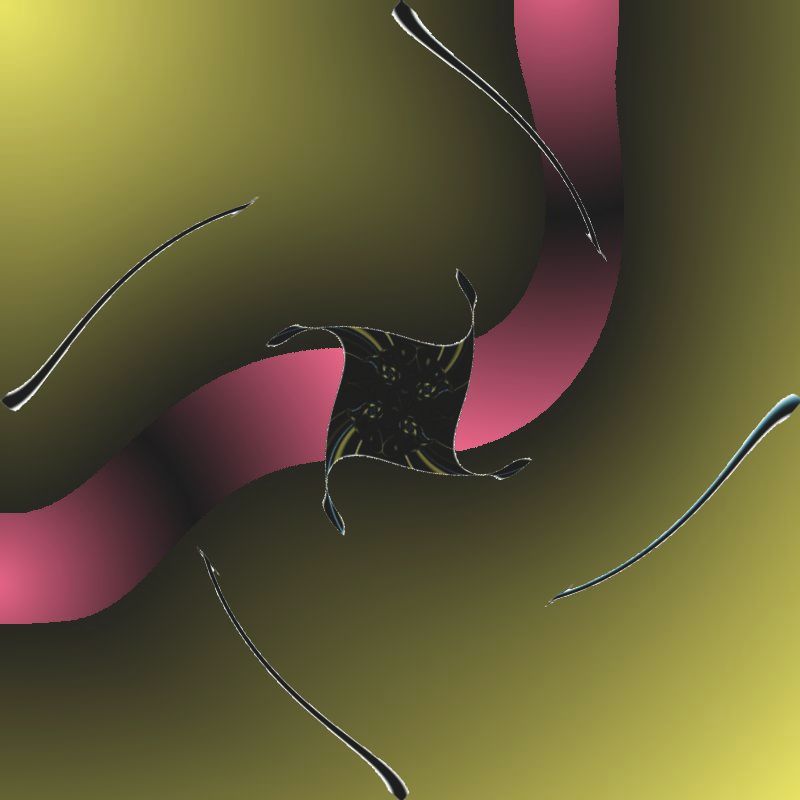Cross posted from The Stars Hollow Gazette
American’s were so proud that Pres. Barack Obama had found and killed Osama bin Laden in an Abbottabad, Pakistan and continues to defend its illegal drone program that kills more innocent civilians than it does terrorists. The killing of bin Laden and the drone program have had an impact on a deadly disease that was about to be eradicated world wide, polio. The distrust in the vaccination program was created when the brilliant minds came up with an appallingly bad scheme to set up a fake vaccination program to find bin Laden:
As reported by the Guardian and subsequently by the New York Times, intelligence operatives funded a sham vaccination program in hopes of obtaining a sample of DNA to prove that bin Laden, then rumored to be in the area, was actually living in the compound where he was subsequently found and killed. From the Guardian:
DNA from any of the Bin Laden children in the compound could be compared with a sample from his sister, who died in Boston in 2010, to provide evidence that the family was present.
So agents approached [Shakil] Afridi, the health official in charge of Khyber, part of the tribal area that runs along the Afghan border.
The doctor went to Abbottabad in March, saying he had procured funds to give free vaccinations for hepatitis B. Bypassing the management of the Abbottabad health services, he paid generous sums to low-ranking local government health workers, who took part in the operation without knowing about the connection to Bin Laden. Health visitors in the area were among the few people who had gained access to the Bin Laden compound in the past, administering polio drops to some of the children…
In March health workers administered the vaccine in a poor neighbourhood on the edge of Abbottabad called Nawa Sher. The hepatitis B vaccine is usually given in three doses, the second a month after the first. But in April, instead of administering the second dose in Nawa Sher, the doctor returned to Abbottabad and moved the nurses on to Bilal Town, the suburb where Bin Laden lived.
There is no evidence the “vaccinations” produced DNA that helped identify bin Laden. The physician named in the article has been arrested by the Pakistani security forces. The CIA has understandably refused any comment. But the allegation that a vaccine program was not what it seemed – that it was not only suspect, but justifiably suspect – has been very widely reported.
This is awful. It plays, so precisely that it might have been scripted, into the most paranoid conspiracy theories about vaccines: that they are pointless, poisonous, covert shields for nefarious government agendas meant to do children harm.
This unethical scheme had its deadly consequences in more ways than one. The rumor that the vaccine program was a covert campaign by Western powers to sterilize and kill Muslim children. It’s also put health care workers with the vaccination program at risk:
Foreign Policy has the exact numbers. Up to 22 workers may have been killed-one of the incidences was a roadside bomb, so it might have just happened to catch vaccinators-while 14 others have been bombed, taken for ransom, tortured, or otherwise injured. The violence likely stems from the Pakistani Taliban’s opposition to vaccination, Foreign Policy reports.
Taliban leaders have a variety of reasons they’re suspicious of the polio vaccine. They think vaccinators could be spies for the U.S. military–more on this later–or that they could be part of a plot to sterilize Muslims. Last year, Pakistani Taliban groups questioned why Americans fund both fatal drone strikes and life-saving vaccination programs. Leaders said they would ban vaccinators from reaching them until the U.S. stops using drone strikes. [..]
One doctor, a Muslim, took a journalist on a tour in April and talked about a fatwa placed upon him. In May, a gunman killed him and injured his one-year-old daughter.
Despite all of this, the battle to eradicate polio in Pakistan continues but the impetus is a rivalry with India, where polio was eliminated two years ago
After India’s success and hints from the World Health Organization that it might issue travel warnings, Pakistan’s government went on an emergency footing. A cabinet-level “polio cell” was created. Vaccinators’ routine pay doubled to $2.50. More than 1,000 “mobilizers” were hired to visit schools and mosques to counter the ever-swirling rumors that the vaccine contained pork, birth control hormones or H.I.V., the virus that causes AIDS.
Mullahs were courted to endorse vaccination. They issued 24 fatwas, and glossy booklets of their directives were printed for vaccinators to carry.
Perhaps most important, local command was given to deputy commissioners, who have police powers that health officials lack.
Pakistan is closer than ever. Although cases will not peak until after the summer monsoons, there have been only 21 so far this year. A few years ago, 39 substrains of the polio virus circulated; now only two do. About 300,000 children live in areas too dangerous for vaccinators, but almost all the sewage samples from those areas are clear of the virus.
Ultimately, though, success will depend on more than political will and the rivalry with India. In the wake of the recent killings, it will rely most of all on individual acts of courage, like those by prominent imams who pose for pictures as they vaccinate children.
This is an uphill fight, especially in the Peshwar region where anti-American sentiments are very high due to the barrage of drone strikes on the isolated mountain villages where just about every adult male has an AK-47. Lack of sanitation and clean water supplies, along with few government services such as health clinics, garbage pick up and schools add to the complicated picture.
Peshawar worries even Dr. Elias Durry, a normally optimistic polio specialist with the W.H.O. “You can get 90 percent vaccine coverage, and come back a few months later, and it’s 50 percent,” he said. “People just move so quickly.”
Shaheen’s sewers are concrete trenches about a foot deep, into which wastewater, rendered milky white by dish soap, flows from pipes exiting mud-brick houses. A child reaching into one for a stick to play with showed how easily the virus, carried in fecal matter, could spread.
Though the area has clean water from a well, the steel pipe it flows through at times dips inside the sewerage trench. It has dents where trucks have banged it, and it is pierced by connectors, some attached just to rubber hoses. [..]
Pakistani children suffer diarrhea so often that half the country’s young are stunted by it. Polio immunity is low, even in vaccinated children, because other viruses crowd the gut receptors to which the vaccine should attach.
At the clinic in Shaheen, the doctor running the polio drive, an ophthalmologist, complained that he got too little police help.
In the middle of last year, it became known that in 2011, the C.I.A. had paid a local doctor to try to get DNA samples from children inside an Abbottabad compound to prove they were related to Bin Laden. Even though the doctor, Shakil Afridi, who is now serving a 33-year sentence for treason, was offering a hepatitis vaccine, anger turned against polio drops.Leaders of the polio eradication effort could not have been more frustrated. They were already fighting new rumors that vaccinators were helping set drone targets because they have practices like marking homes with chalk so that follow-up teams can find them. Now, after years of reassuring nervous families that the teams were not part of a C.I.A. plot, here was proof that one was.
What Charles Pierce said:
It is possible for the vast United States intelligence apparatus to go 15 minutes without fking up in the most egregious way possible?
Nope.





